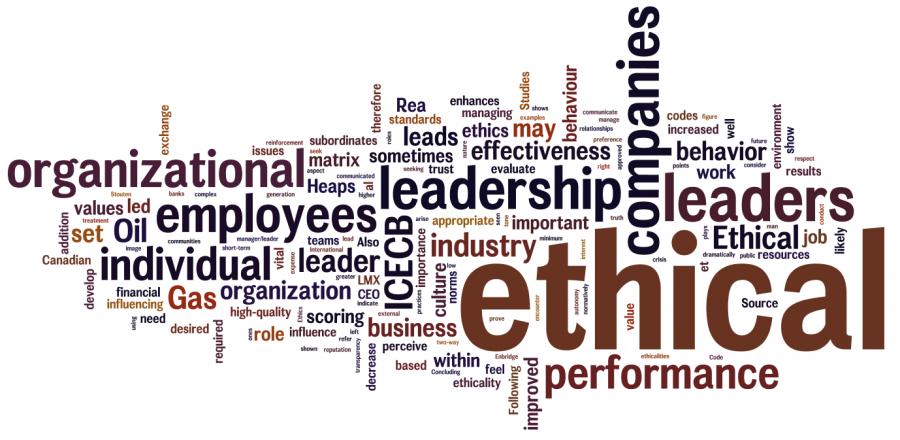Social Sharing for Positive Change
To be successful in the long-term, companies need to think beyond what’s affecting them today to what’s going to happen tomorrow. This isn’t just about addressing changes to technology or the needs of customers, but primarily taking into account shifts in social, environmental and governance issues.
By the GTF Team
Social responsibility is a form of self-regulation that companies and businesses integrate into their strategy as part of their corporate conscience and responsible citizenship. This approach this policy spurs businesses to develop means to monitor the public’s social perception of them as a responsible business. The business goal of social responsibility is to encourage the company’s actions toward the positive impact of consumer, community and employee responsibility.
Voluntary Hazard Elimination
Companies involved with social responsibility often take action to voluntarily eliminate production practices that could cause harm for the public, regardless of whether they are required by law. For example, a business could institute a hazard control program that includes steps to protect the public from exposure to hazardous substances through education and awareness. A plant that uses chemicals could implement a safety inspection checklist to guide staff in best practices when handling potentially dangerous substances and materials. A business that makes excessive noise and vibration could analyze the effects its work has on the environment by surveying local residents. The information received could be used to adjust activities and develop soundproofing to lessen public exposure to noise pollution.

Community Development
Philanthropy
Businesses involved in philanthropy make monetary contributions that provide aid to local charitable, educational and health-related organizations to assist under-served or impoverished communities.
Creating Shared Value
Corporate responsibility interests are often referred to as creating shared value or CSV, which is based upon the connection between corporate success and social well-being. Since a business needs a productive workforce to function, health and education are key components to that equation. Profitable and successful businesses must thrive so that society may develop and survive. An example of how CSV works could be a company-sponsored contest involving a project to improve the management and access of water used by a farming community, to foster public health.
Social Education and Awareness
Companies that engage in socially responsible investing use positioning to exert pressure on businesses to adopt socially responsible behavior themselves. To do this, they use media and Internet distribution to expose the potentially harmful activities of organizations. This creates an educational dialogue for the public by developing social community awareness. This kind of collective activism can be affective in reaching social education and awareness goals. Integrating a social awareness strategy into the business model can also aid companies in monitoring active compliance with ethical business standards and applicable laws.
Published: 29/02/2012



